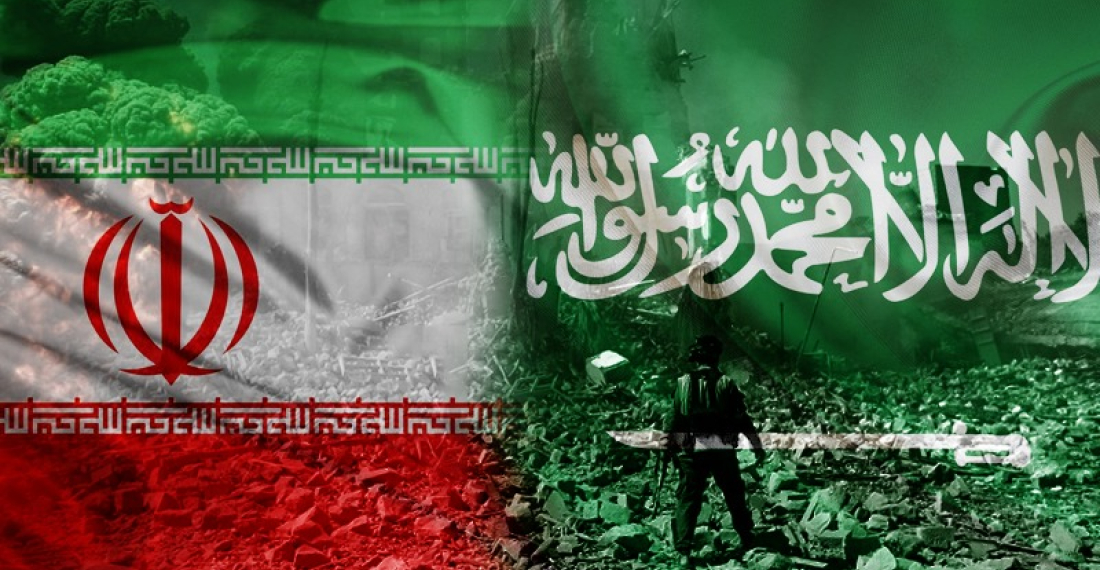This commentary first appeared in the 28 March 2023 issue of our Arabia Concise newsletter. If you would like to sign up for Arabia Concise, or any other of our newsletters, click here.
Developments in Yemen over the last days do not augur well for the 10 March Iran-Saudi Arabia normalisation deal, writes commonspace.eu in this commentary, writing that "it is in Yemen where the biggest test for the resilience of the Beijing agreement will come, sooner rather than later."
On 10 March in Beijing, Iran and Saudi Arabia together with China signed an agreement that amongst other things provides for the restoration of diplomatic relations between Tehran and Riyadh.
The agreement has many other provisions, and remains confidential, but it is widely understood that it contains provisions for lessening tensions in the region and taking the heat out of some hotspots where the two regional powers continue to look each other in the eye. Yemen invariably is at the top of the agenda.
The ink on the agreements has hardly dried but developments in Yemen over the last days do not augur well. The Houthi rebel movement who seized power in 2016 launched a number of military incursions coinciding with the start of the Muslim holy month of Ramadan, and the anniversary of the Saudi-led intervention in support of the legitimate government of Yemen.
According to press reports the Houthis attacked pro-government forces in the Shabwa province on Saturday (25 March) in a range of mountains which connect the Merkhah Al Ulya district with the adjacent Bayda province, resulting in a fierce battle that reportedly killed and wounded many soldiers on both sides. Unofficial Houthi media sources said that its troops had moved 8km into government-held territory in Merkhah Al Ulya. The Houthi military build-up in Shabwa comes only days after heavy combat erupted in the central province of Marib when government soldiers were attacked in rural areas of Hareb.
These escalations do not seem to be part of a sustained offensive, but rather a warning shot by the Houthis, and a reminder of their ability to spread violence across wide swaths of Yemeni territory. However the fact that it took place so soon after the Iran-Saudi agreement in Beijing is also a sign of the fragility of this agreement, and a reminder that the agreement’s success is going to depend as much on developments on the ground, as on decisions of diplomats in the respective capitals.
The latter for the moment remain focused on the implementation of the Beijing agreements. Saudi Foreign Minister, Prince Faisal bin Farhan, spoke on the phone on Monday (27 March) with his Iranian counterpart Hossein Amir-Abdollahian. The two agreed to meet before the end of Ramadan, and it is expected that after this meeting the embassies of the two countries will start working again in the respective capitals, and Ambassadors exchanged.
But it is in Yemen where the biggest test for the resilience of the Beijing agreement will come, sooner rather than later.






